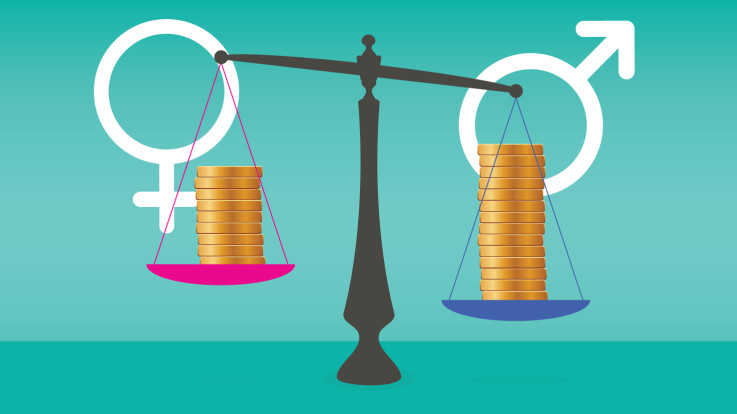Discrimination to women migrant workers in pay-scale
By Aiswarya Sriram
A study by the National Institute of Rural Development and Panchayati Raj (NIRDPR) found that woman migrant labourers working in quarries in Tamil Nadu and Uttar Pradesh are paid less compared to their male counterparts.
The institute is an autonomous organisation under the Union Ministry of Rural Development.
The study also found that child labour is prevalent in these stone quarries. Due to the poor working conditions, labourers are prone to health hazards like asthma, tuberculosis and bronchitis. Workers are not provided with personal protective equipment, and the quarries don’t follow safety guidelines.
According to the study, the minimum wage for quarry workers per day is Rs 388 in Tamil Nadu and Rs 276 in Uttar Pradesh. But women are paid only Rs 150 to Rs 200. The study goes on to say that these women work in the quarries for eight to nine hours daily, without any safety equipment. They also suffer from anaemia due to the lack of nutritious food.
The study also found that poor and unskilled people from Odisha, Andhra Pradesh and Karnataka move to Tamil Nadu. While Uttar Pradesh tends to attract poor migrants from Bihar, Jharkhand and Uttarakhand. These migrant workers are employed at the bottom-end and highly risky tasks, which the locals may not undertake.
A study by @NIRDPR_India found that woman #migrant labourers working in quarries in #TamilNadu and #UttarPradesh are paid less compared to their male counterparts.@NIRDPR_DDUGKY @deptoflabour https://t.co/NbwafLAlD5
— NewsMeter (@NewsMeter_In) October 28, 2019
These migrant workers are forced to work in these quarries through binding contracts or loans in both Uttar Pradesh and Tamil Nadu. There is no sense of security among the migrants, and they lack awareness about their rights, said the study.
Dr Chinnadurai, the co-author of the study, is quoted in the study saying, “The nature of high mobility in changing of worksites and status of non-local labours were hardly united to fight against or demand their rights. None of the labour organisation is registered in any of the work sites. But there several non-governmental organisation working for the welfare and legal support for the inter-state quarry workers. Awareness creation of the rights and provisions of various laws pertaining to labour under the Constitution of India, making adequate initiatives to implement the protective and welfare measures for the betterment of the working conditions are the need of the hour.”